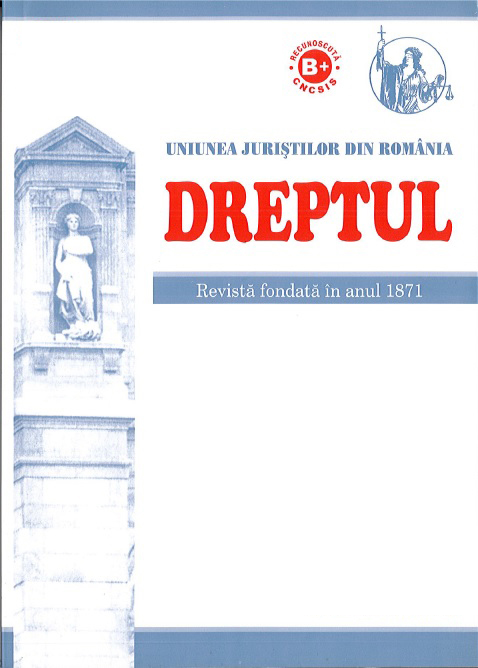The phrase actio libera in causa designates that situation in which the perpetrator, at the time of committing a deed stipulated by the criminal law, was in a situation that excludes the imputable character of the deed. However, it must be emphasized that, at a previous moment, when the perpetrator was not under the incidence of such causes, he triggered or allowed the emergence of some states of fact that would eliminate the imputable character of the deed.
In such a hypothesis, the criminal doctrine from Romania is unanimous in accepting that the person who causes his own state of incapacity will be liable under the criminal law. In order to argue the possibility that a person, at the time of committing a typical action or inaction, be liable under the criminal law, the authors of criminal law in our country have adopted the model of exception or extraordinary imputation. According to this system, the perpetrator will be liable under the criminal law for causing his own state of incapacity. Thus, the imputability, in the case of the construction of actio libera in causa, will not be analyzed at the time of committing the criminal deed, but in relation to the moment when the perpetrator caused his state of incapacity.
The construction actio libera in causa, from our point of view, covers only certain hypotheses in which the perpetrator creates the appearance of existence of a cause of imputability (intoxication, irresponsibility, physical or moral constraint), and not those hypotheses, in which the perpetrator provokes the existence of a justifying cause.


